Domestic strife dampens US foreign policy
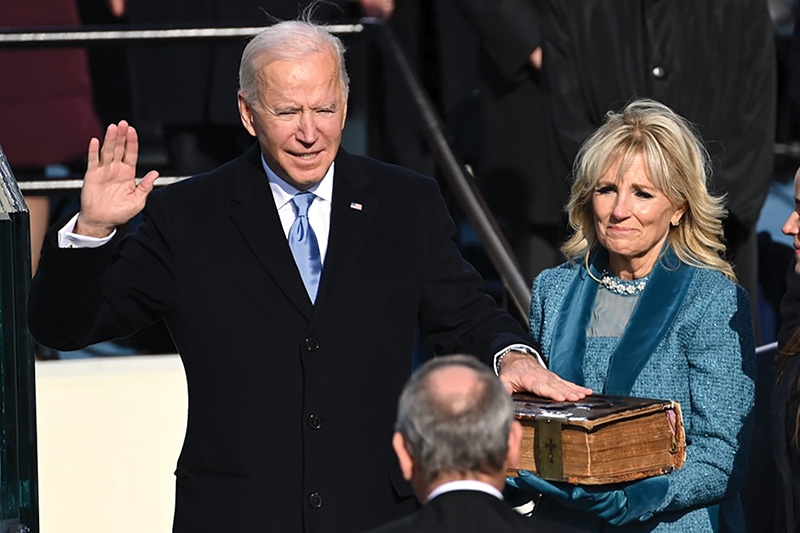 |
| New US President Joseph R. Biden was sworn in with his wife Jill Biden by his side, photo: AFP |
Last Wednesday many Americans breathed a sigh of relief as Joe Biden was sworn in as the 46th US President without any further incident from those who believe the election was “stolen” from former President Donald Trump.
Instead of attending the ceremony as is tradition, Trump and his family took one last trip on Air Force One to Florida, where he will be based until the former reality TV star decides whether to run for president again in 2024 – or perhaps even endorse a family member for the post.
Alongside Biden, Kamala Harris was sworn in as vice-president, becoming the first woman in American history – as well as the first woman of African-American and South Asian descent – to take on the role.
“Few people in our nation’s history have been more challenged or found a time more difficult than the time we’re in now,” Biden said in his inauguration speech.
He vowed to dedicate his “whole soul” to rebuilding a country battered by disease, economic turmoil, racial inequality, and political division.
The 78-year-old certainly has his work cut out for him, but he rushed into action to put his stamp on the presidency by signing a raft of executive orders within hours of entering the White House.
Biden signed a letter retracting Trump’s decision to leave the World Health Organization, which would have been effective in July. There was widespread criticism and an almost complete lack of international support last year for Trump’s move in the midst of a pandemic.
In the most noteworthy but also most unsurprising move, the US is to be reinstated to the Paris climate agreement. The accord, which looks to curb the heating of the planet, will be much boosted by the return of second-largest emitter of greenhouse gases in the world. Biden has previously warned that climate change poses the “greatest threat to the country”, which was battered by record wildfires and hurricanes in 2020.
“It’s a huge day to welcome in a new president who manifestly is committed to strong, meaningful action,” said Todd Stern, who was the lead US negotiator in Paris. “Rejoining the Paris agreement is just the first step, but it’s a big first step.”
Biden’s top climate adviser, Gina McCarthy, said the new president will look to reverse “more than 100” climate-related policies enacted by his predecessor.
Global rebalance
With Biden pushing climate to the top of his agenda alongside battling the coronavirus pandemic, other strategies and policies are set to take a back seat. Of most concern to many onlookers is how the States will build or rebuild its relationship with countries big and small – something Biden did touch on in his inauguration speech in Washington.
“To those outside our borders, I say this – we will engage with our allies again,” said Biden. “We will lead, not only by the example of our power, but by the power of our example.”
Chuck Hagel, who was a US defence secretary during the Obama administration, said it is unprecedented times for US foreign policy. “We’ve never been in this situation before, domestically and internationally,” he said. “What Biden has to do goes well beyond the first hundred days. He is going to have to move immediately to rebuilding and restoring our alliances, reassuring them that America is back in the game to lead.”
Biden will inherit a long list of early national security challenges involving Russia, for example. Less than two weeks after Biden’s inauguration, the New START treaty with Russia – the last remaining check on the world’s two biggest nuclear arsenals – is set to expire, but both sides have displayed willingness to extend it.
In the Middle East, Biden has vowed to return to diplomacy with Iran, after Trump followed through on promises to undo the Obama-era nuclear pact with Tehran.
But with Iran taking steps to revive its nuclear weapons programme, analysts say picking up where Barack Obama left off is not possible. The Trump administration has, as recently as a fortnight ago, placed further sanctions on the country.
“We are going to see Biden try and leverage some of the more extreme positions that Trump staked out on China, Iran, and Cuba to extract additional concessions and to be able to plausibly claim that any nuclear deal isn’t Obama’s deal and this isn’t Obama’s foreign policy,” said Brett Bruen, a former global engagement director during the Obama administration.
Over in Europe, the new president may have an easier time in strengthening relations with Europe after four years of Trump indifference. “I think he doesn’t have to do much. Biden just has to show up,” said Marina Kaljurand, a former Estonian Foreign Minister who now works in the European Parliament.
Biden will still have to grapple with ongoing disputes, such as in defence spending, but with Trump having shunned much of Europe, many countries on the continent have tasted more life with less overbearing US involvement, and could continue to chart a course to lessen their reliance on American diplomatic and military might, as well as economic influence.
Asian commitments
Kurt Campbell, a former Assistant Secretary of state for East Asian and Pacific affairs, has been appointed to the Biden administration as Indo-Pacific coordinator. According to Japan Times, the 63-year-old has called for confidence-building steps to stabilise US-China ties, including easing visa restrictions and restoring closed consulates.
But although the new president’s methods may be less antagonistic, he has previously echoed many of his predecessor’s complaints about China’s trade practices, accusing the country of stealing intellectual property, dumping products in foreign markets, and forcing technology transfers from American companies.
In addition, Biden has indicated that he will not immediately abandon the “phase one” bilateral trade agreement reached last year, or remove the 25-per-cent tariffs that now affect about half of China’s exports to the States.
“With such high costs and strict limitations on exports, China cannot possibly fulfil its commitment in the phase one agreement to purchase some $200 billion in additional US goods and services during 2020-2021,” noted Zhang Jun, director of the China Center for Economic Studies in Shanghai. “As long as Biden upholds Trump’s confrontational approach, the phase one accord will be fundamentally unworkable, and further progress towards a mutually beneficial trade relationship will be all but impossible.”
Indeed, the outgoing US administration warned that Biden would be “too soft” on China, akin to how Obama dealt with the issue, but experts pointed out that the US was already adopting a tougher stance on China during Obama’s second term in office.
“Obama was already trying to form an alliance to keep China in check, including through the Trans-Pacific Partnership trade agreement that excluded China and that Trump later disavowed,” said Keith B. Richburg, director of the Journalism and Media Studies Centre at Hong Kong University. “More recently, China has joined the Regional Comprehensive Economic Partnership (RCEP), and now this time it is the US on the outside looking in. Biden will have to decide whether to negotiate to join either or both of those pacts.”
These agreements made over recent times are putting the US at a growing strategic disadvantage, explained Zhang Jun in Shanghai. “ASEAN countries – which, collectively, form America’s fourth-largest export market – are likely to shift more trade to their RCEP partners,” he noted.
“The deal is also likely to increase the Chinese demand for agricultural and energy exports from the likes of Australia and New Zealand. Furthermore, by indirectly establishing a free trade zone among China, Japan, and South Korea it will consolidate supply chains in East Asia and the West Pacific.”
While weighing up these huge cross-border entanglements, Americans will be forgiven for looking no further than their own borders as they come to terms with the catastrophic handling of the COVID-19 pandemic. On the eve of the inauguration, Biden memorialised the more than 400,000 Americans who have died from the virus during a vigil in Washington.
The grim milestone was passed earlier that day as the latest figures from Johns Hopkins University show that about 401,128 people have now been killed by the virus in the US amid more than 24 million cases – both numbers being by far the highest in the world.
“To heal, we must remember,” Biden said at the memorial. “It’s hard sometimes to remember, but that’s how we heal. It’s important to do that as a nation.”
What the stars mean:
★ Poor ★ ★ Promising ★★★ Good ★★★★ Very good ★★★★★ Exceptional
Related Contents
Latest News
More News
- Malaysia sets up clean energy exchange (April 16, 2024 | 16:59)
- Indonesia issues dengue fever warning to Bali tourists (April 16, 2024 | 16:53)
- Trade facilitation ahead with ASEAN-India deal upgrade (April 15, 2024 | 17:00)
- ASEAN strength to be built on with trade reforms (April 15, 2024 | 14:58)
- Malaysian airlines to charge carbon levy soon (April 15, 2024 | 09:21)
- Malaysia issues heatwave alert for 14 areas (April 15, 2024 | 09:12)
- China, Thailand forge alliance for moon exploration (April 15, 2024 | 08:00)
- Two Philippine navy pilots dead after helicopter crash (April 11, 2024 | 16:58)
- Singapore: E-commerce scams double in 2023 (April 11, 2024 | 16:55)
- Malaysia urges Meta, TikTok to curb harmful content (April 10, 2024 | 16:21)



 Tag:
Tag:


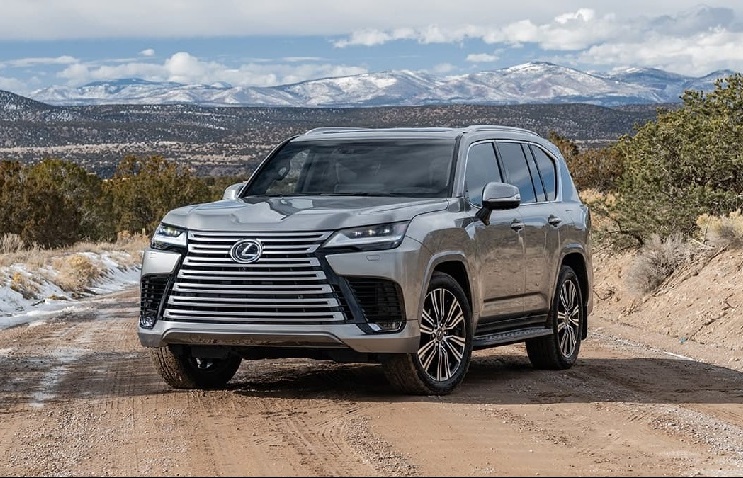


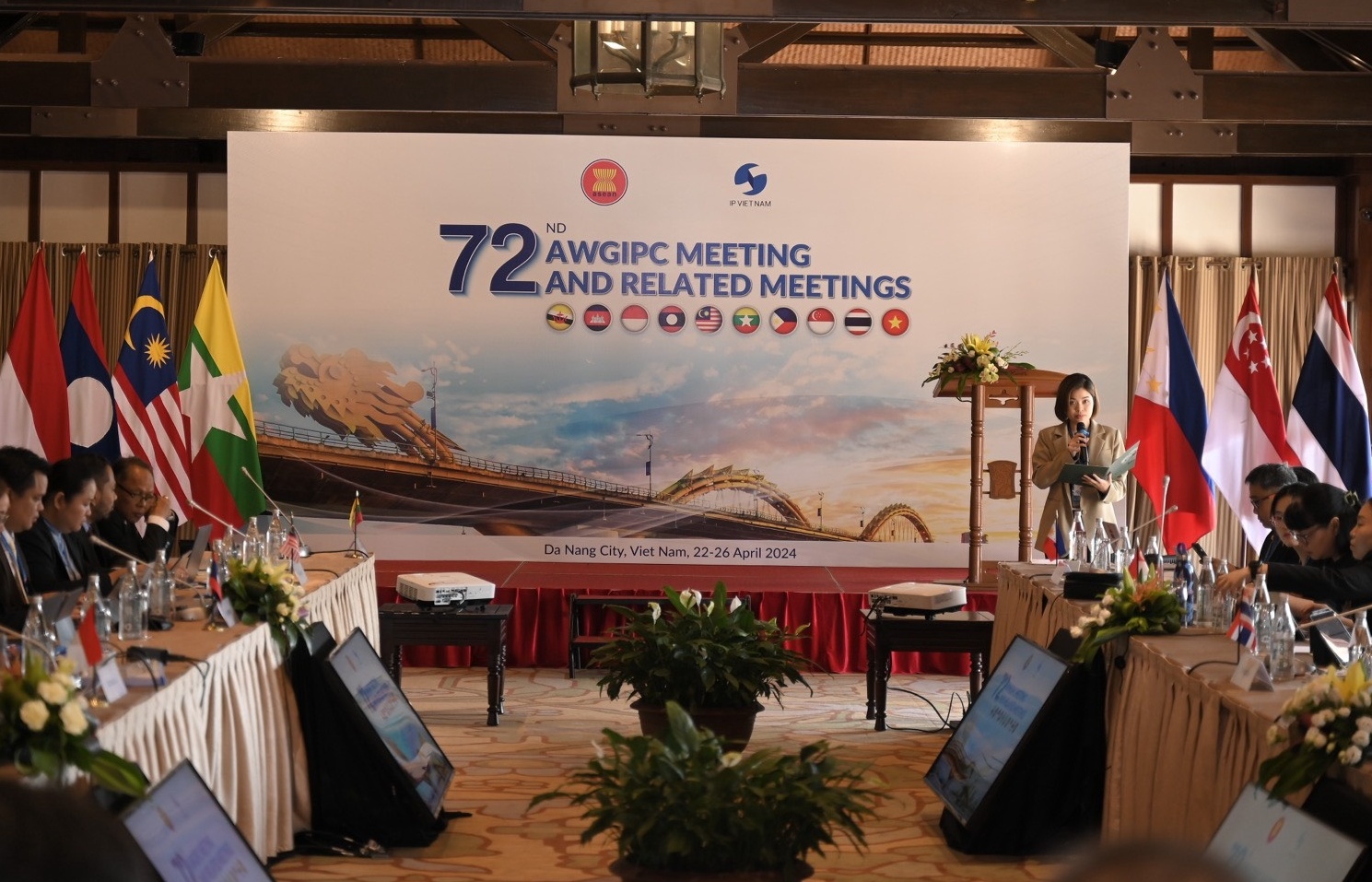


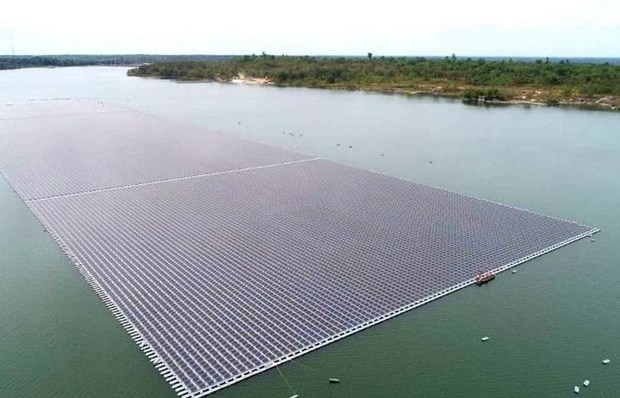

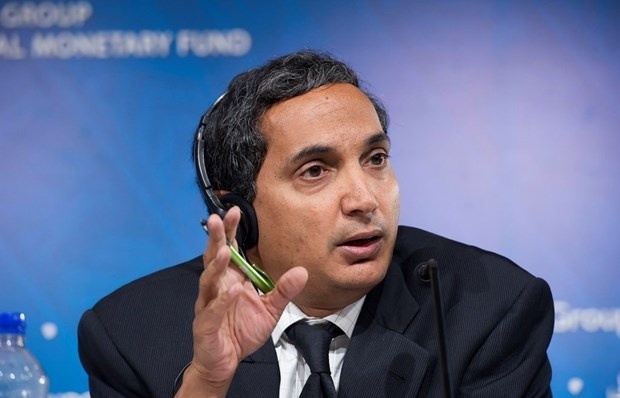



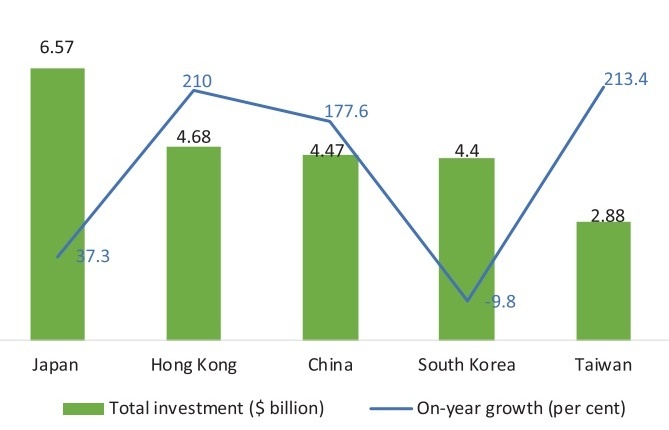





 Mobile Version
Mobile Version